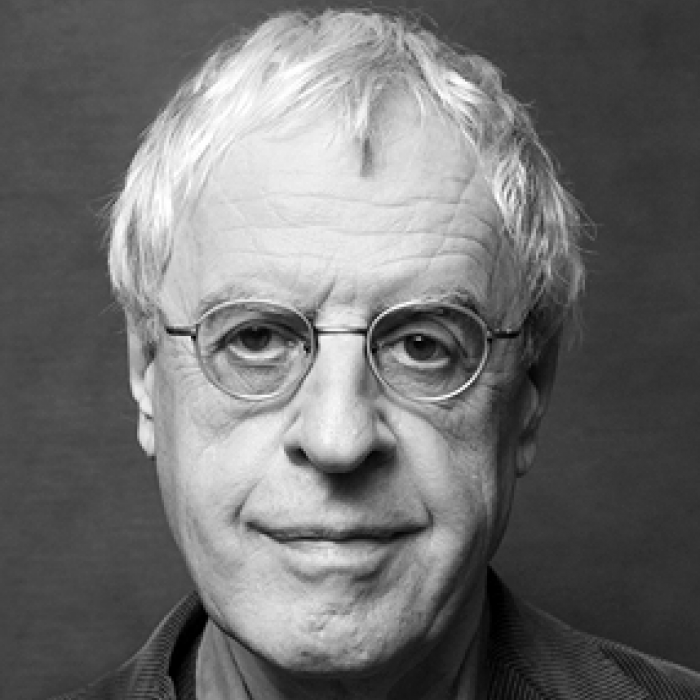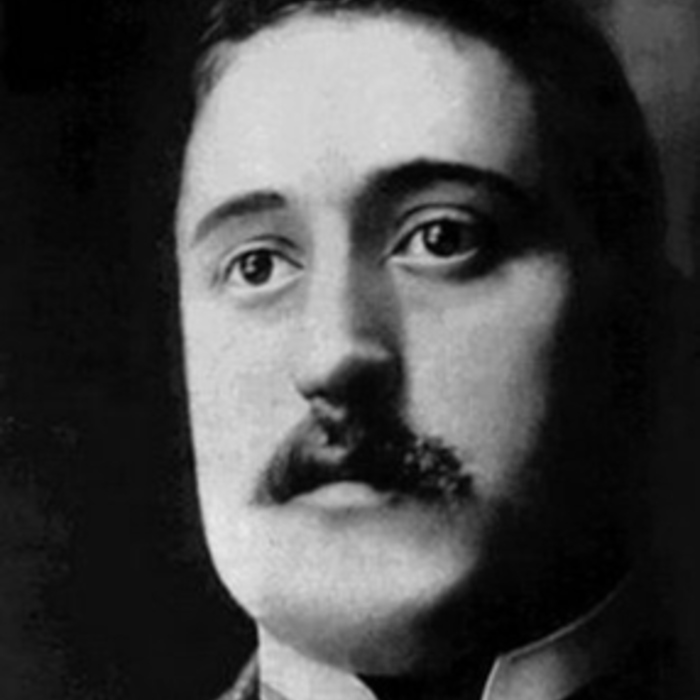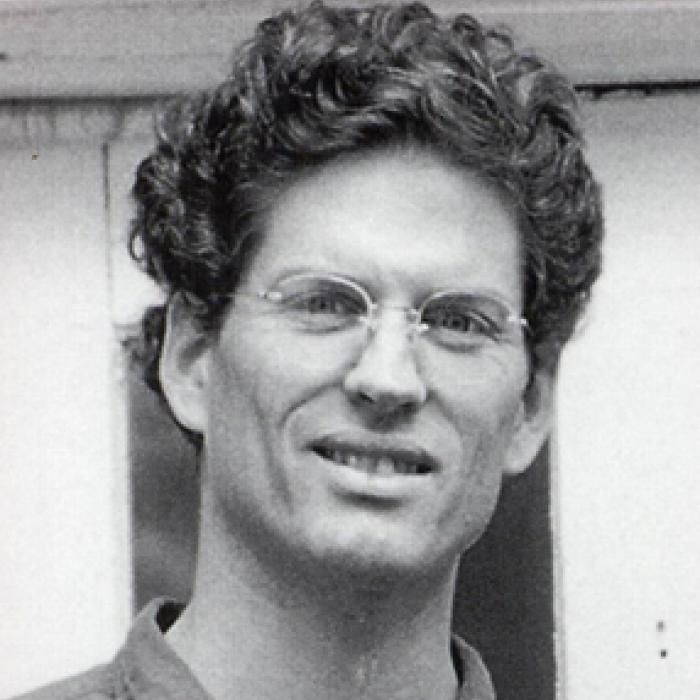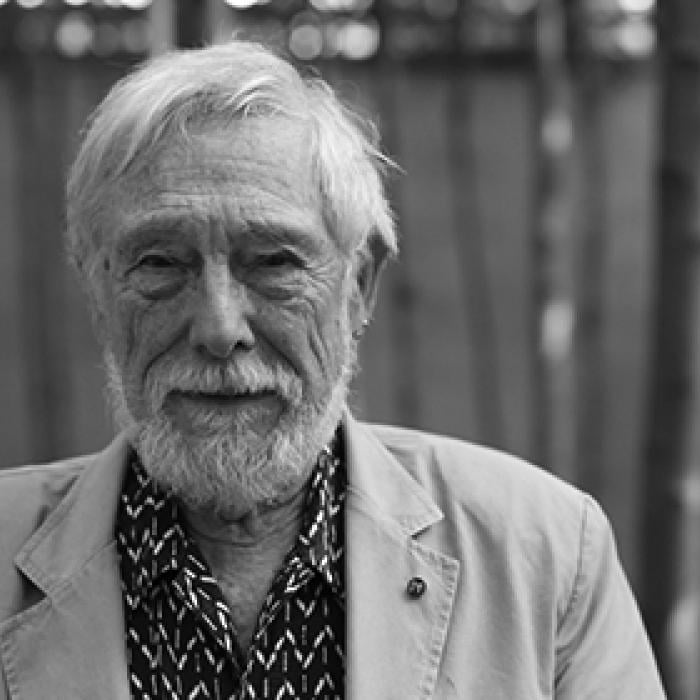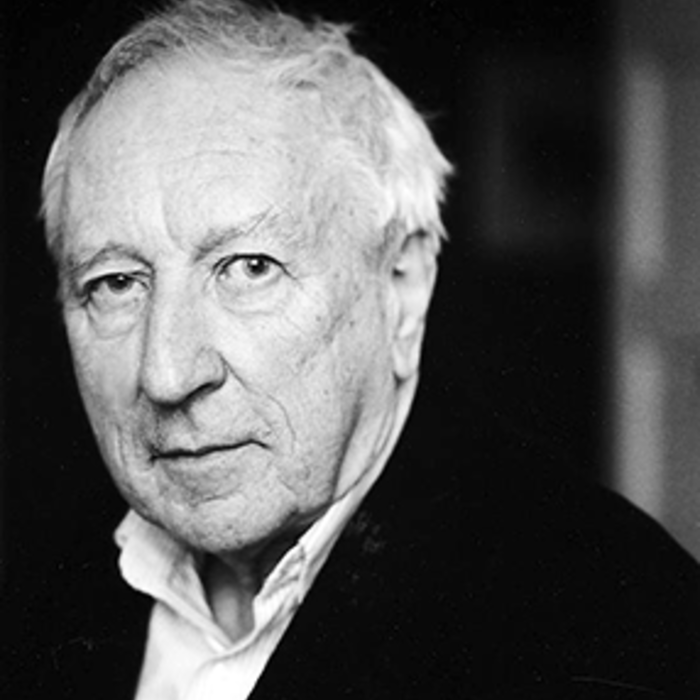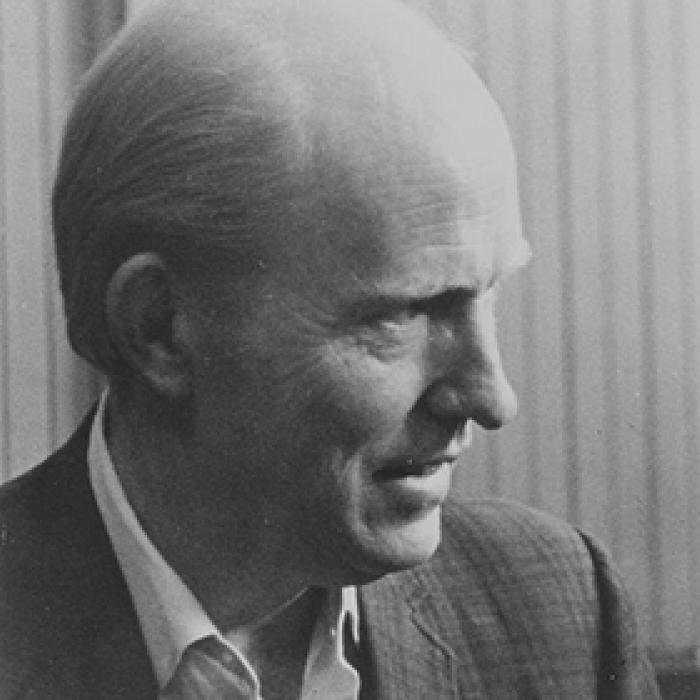Yves Bonnefoy
Yves Bonnefoy was born in Tours, France, on June 24, 1923. In 1943, after studying science and mathematics at the University of Poitiers, he enrolled at the Sorbonne and moved to Paris, where he associated with the surrealist milieu.
Widely considered France’s most influential modern poet, Bonnefoy published his first book of poetry, Du movement et de l’immobilité de Douve (Mercure de France) in 1953; this volume was published in English as On the Motion and Immobility of Douve (Ohio University Press) in 1968. He went on to write over one hundred books of poems, essays, and criticism, including the poetry collections Beginning and End of the Snow: followed by Where the Arrow Falls (Bucknell University Press, 2012) and Second Simplicity: New Poetry and Prose, 1991–2011 (Yale University Press, 2011).
In praise of The Curved Planks (Farrar, Straus and Giroux, 2006), Paul Auster writes, “Yves Bonnefoy is one of the rare poets in the history of literature to have sustained the highest level of artistic excellence throughout an entire lifetime—now more than half a century of work, and still counting. These recent poems, superbly translated by Hoyt Rogers, attest to his enduring greatness.”
Bonnefoy was also renowned for his translations of Shakespeare, Yeats, and Donne, as well as for his literary criticism. In an interview for The Paris Review, he noted, “Poet is a word one can use when speaking of others, if one admires them sufficiently. If someone asks me what I do, I say I’m a critic, or a historian.”
He received many honors and awards throughout his lifetime, including the Prix Goncourt in 1987, the European Prize for Poetry in 2006, the Franz Kafka Prize in 2007 and The Griffin Trust for Excellence in Poetry’s Lifetime Recognition Award in 2011. He taught at the College de France from 1981 to 1994 and lectured at universities worldwide. Bonnefoy died on July 1, 2016, in Paris.

